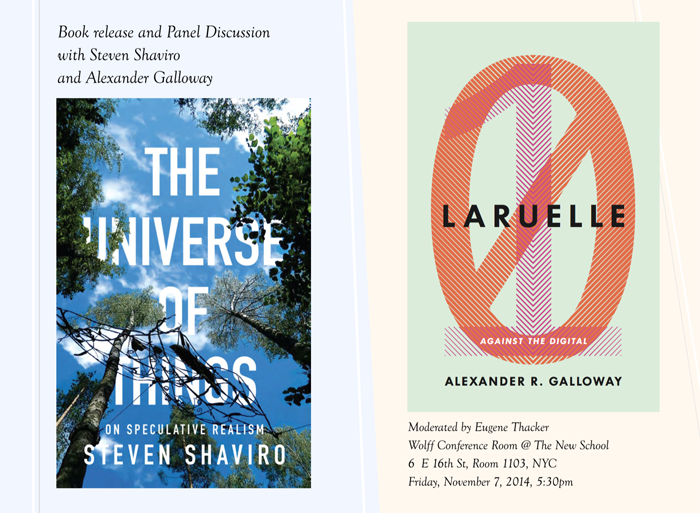I'm just finishing a piece on the work of Fredric Jameson, a process that has been challenging on a number of levels. Aside from the rather lurid if mundane biographical fact of the apprentice confronting the master (he was the chair of my PhD committee), it's been difficult for me to wrangle the Jamesonian corpus not simply because of its formidable size and breadth but also because of Jameson's tendency to suspend direct, generalizable claims about his positions and methods. Of course he wrote various treatises on method -- see in particular the early essay “Metacommentary” and the book The Political Unconscious, which remains, shall we not admit, his most important volume -- and most of Jameson's writings contain at least a choice sentence on method, if not a paragraph or two, provided we know how to identify them. But overall, like the dialectic itself that he so reveres, Jameson shuns the process of actualization in favor of a kind of perpetual dis-actualization (the Hegelians might prefer to call it externalization) in which the suspension of discrete claims forms the basis for an entire theoretical project, one which despite its Hegelian hue can, I think, be properly labeled Marxist.
Much has already been said about Jameson's writings on utopia, art, dialectics, allegory, history, and totality, and I don't particularly want to repeat all that. Instead I've been thinking about Jameson in the context of the ontological turn, not so much New Materialism as “old” materialism (and proudly so). Continue reading

